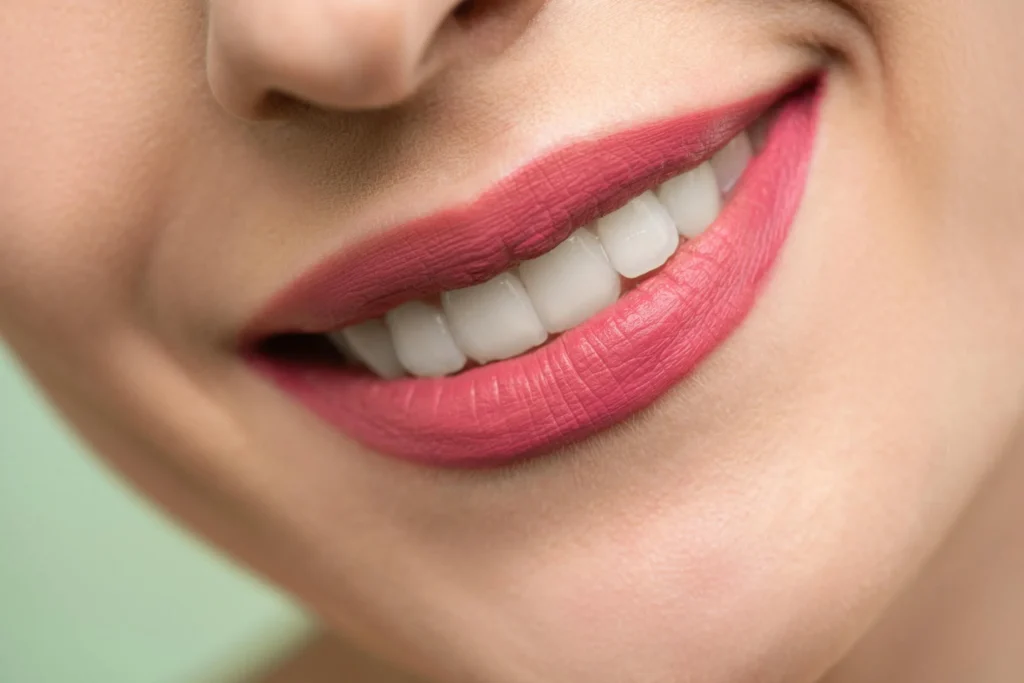Blog

Is Teeth Whitening Right for You?
Whitening your teeth can improve your smile, but is it the right choice for you? In this post, we break down the pros and cons of professional whitening treatments and at-home remedies.
- Your Current Tooth Color – If your teeth are yellowish, whitening works best; but if they are grayish, results may be less noticeable.
- Type of Stains – Whitening is effective for extrinsic (surface) stains caused by food, drinks, or smoking but less effective for intrinsic stains from medication or trauma.
- Existing Dental Work – Whitening does not change the color of fillings, crowns, veneers, or dentures, which may result in uneven shades.
- Tooth Sensitivity – If you have sensitive teeth or gums, whitening treatments may cause discomfort, especially with stronger bleaching agents.
- Oral Health Condition – If you have cavities, gum disease, or exposed roots, whitening can worsen these issues and should be done only after treatment.
- Whitening Method – There are multiple options, including professional in-office whitening, at-home whitening kits, or over-the-counter products, each with varying effectiveness and costs.
- Longevity of Results – Whitening is not permanent; results can last from a few months to a few years, depending on your diet and oral hygiene.
- Dietary Habits – Frequent consumption of coffee, tea, red wine, or tobacco can quickly stain teeth again, reducing the effectiveness of whitening.
- Age and Pregnancy – Whitening is not recommended for children under 16 or pregnant and breastfeeding women due to potential sensitivity issues.
- Professional Consultation – It’s best to consult a dentist to determine the safest and most effective whitening option based on your specific dental condition.
